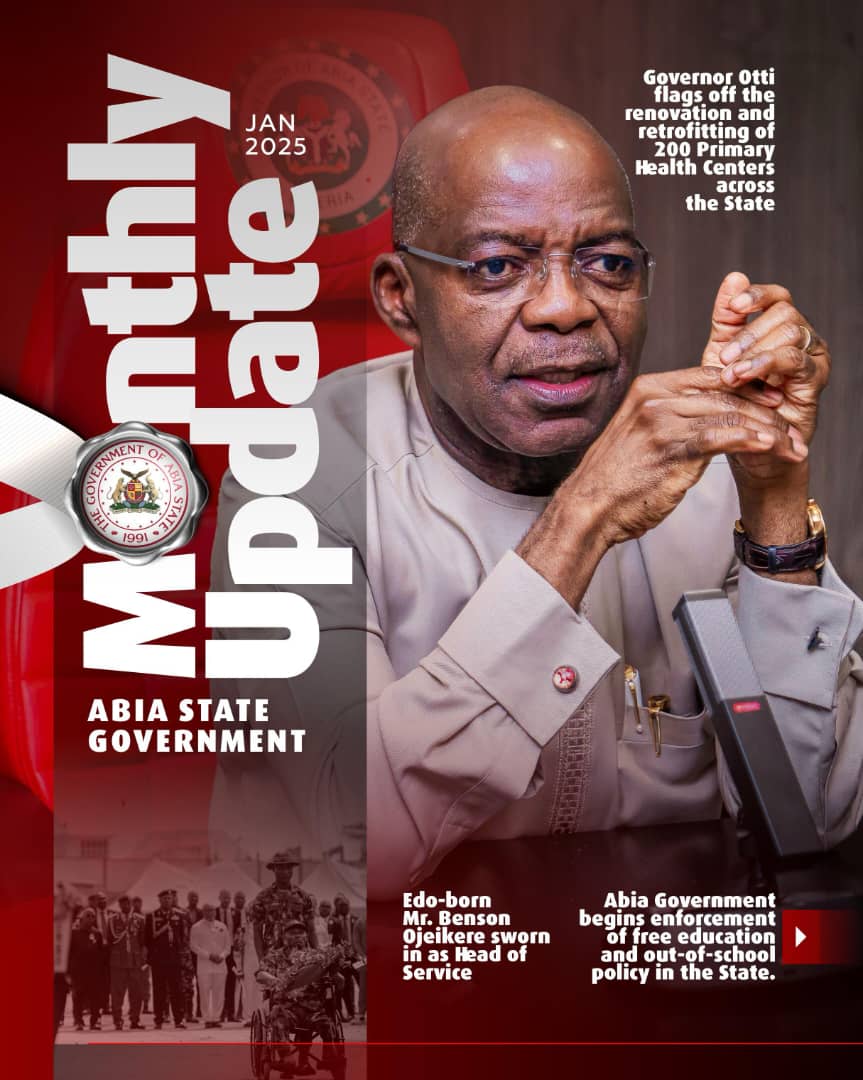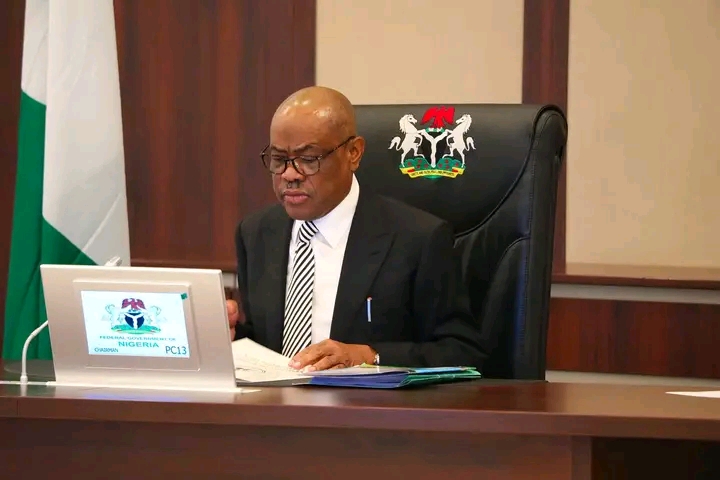Commission shall consult with relevant stakeholders and publish the underlying methodology for the annual benchmarking;
“With the objective of reducing the overall cost profile of petroleum operations, annually assign specific Unit Operating Cost reduction targets for each terrain, taking into consideration the peculiarities of their operating environment and production volume; and conduct annual reviews within the tax return cycle of the lessee’s or licensee’s performance with the key assessment metric being the Unit operating Costs to determine adherence to set targets,” it stated.
Additionally, detailed implementation guidelines for the new Order will be issued in due course. Among other provisions, the Order also caps available tax credits at 20 per cent of a company’s annual tax liability, protecting government revenues while still offering strong fiscal terms to incentivise efficient operators.
“Nigeria must attract investment inflows, not out of charity, but because investors are convinced of real and enduring value. This Order is a signal to the world: we are building an oil and gas sector that is efficient, competitive, and works for all Nigerians. It is about securing our future, creating jobs, and making every barrel count,” said President Tinubu.
To ensure effective implementation of the new Order, the President has tasked the Special Adviser on Energy to lead inter-agency coordination, ensuring alignment across key government institutions and translating policy intent into measurable outcomes.
“This is not a pursuit of cost reduction for its own sake. It is a deliberate strategy to position Nigeria’s upstream sector as globally competitive and fiscally resilient,” said the Special Adviser to the President on Energy, Mrs Olu Verheijen. “With this reform, we are rewarding efficiency, strengthening investor confidence, and ultimately delivering greater value to the Nigerian people.”
The new Order builds on the administration’s 2024 presidential reform directives, which delivered improved fiscal terms, shortened project timelines, and aligned local content policies with global best practice.
Commenting via her official X handle, the Special Adviser to the President on Energy said the Executive Order links tax incentives to verifiable cost savings, introduces terrain-specific cost benchmarks for onshore, shallow water, and deep offshore operations, and caps tax credits to safeguard government revenue while incentivising operational efficiency.
She said, “Nigeria is raising the bar on upstream oil & gas reform. Today, I’m proud to share that President Bola Ahmed Tinubu has issued a landmark Presidential Order on Cost Efficiency, a bold and pragmatic step to make Nigeria’s upstream sector more globally competitive, fiscally resilient, and investor-aligned.
“At a time when oil prices are softening and capital is more selective, the Upstream Petroleum Operations Cost Efficiency Incentives Order (2025) does three powerful things: Links tax incentives to verifiable cost savings, Establishes terrain-specific cost benchmarks (onshore, shallow water, deep offshore) and Caps credits to protect government revenue while rewarding efficient operators
“This Order builds on earlier reforms, including improved fiscal terms, faster contracting, and commercially aligned local content rules. Now we are shifting from intent to execution with performance, discipline, and value at the centre. Let’s work together to put every barrel to work for our economy, for investors, and for the future of Nigeria’s energy security.”












